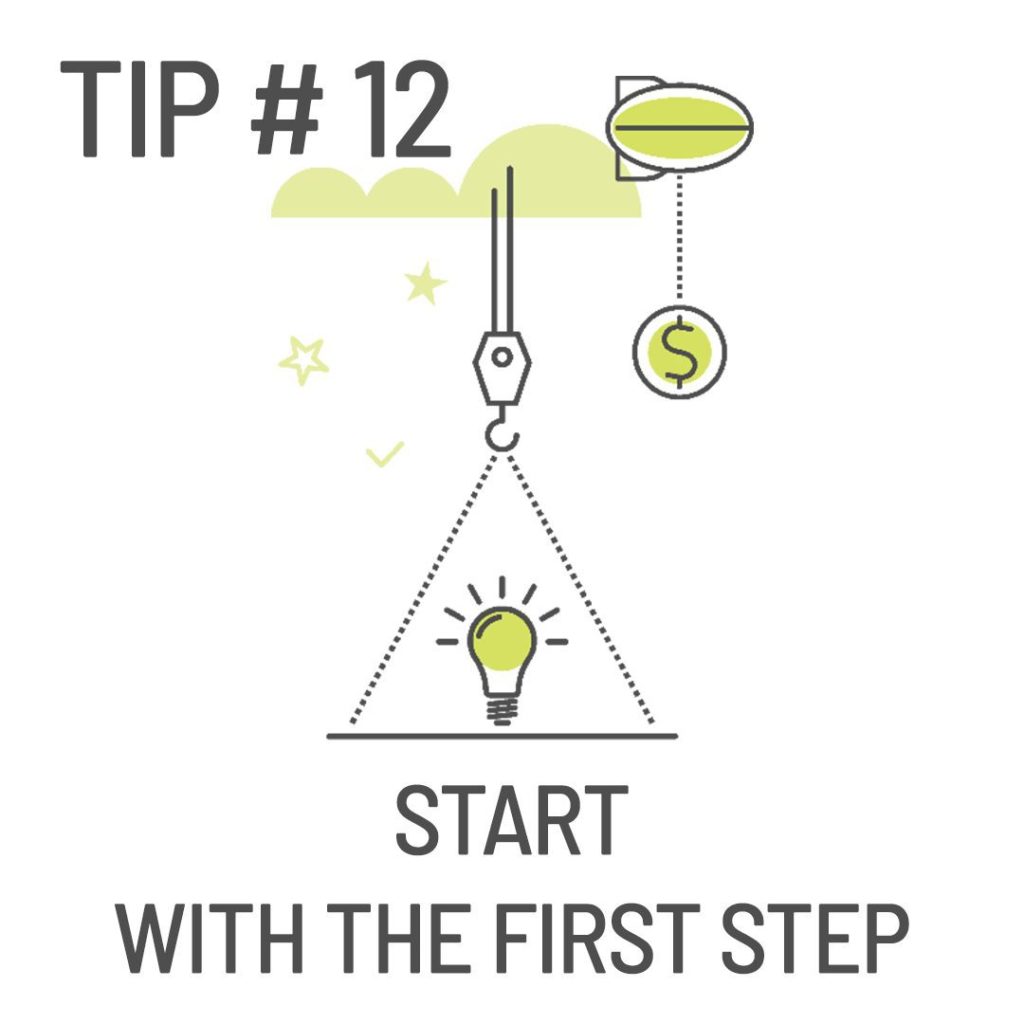‘Net Zero’. You must have been living under a rock if you didn’t hear those two words a few times in the past month.
Whether it’s the front pages of News Ltd newspapers or the cheeky ads run by comedian Dan Ilic in Times Square, it’s been front and centre.
For those not familiar, ‘Net Zero’ involves a country producing no more carbon emissions than they take out of the atmosphere. It doesn’t involve undoing harm done to the environment in the past, just reducing any further impact going forward.
It involves balancing the transition to renewable energies against the need to provide affordable and reliable energy. It’s not my wheelhouse, but what I do know is it won’t happen overnight.
Most countries around the world have committed themselves to reducing carbon emissions by 46 to 50 per cent of their 2005 levels by 2030 and achieving net zero by 2050.
In other words, it’s going to take a decade to get to the point where we emit 50 per cent less carbon than we did in 2005. Then another two decades to get to net zero.
That brings me to this week’s bulletproof tip.

Running a Marathon starts with the first step.
Becoming financially successful is a marathon, not a sprint. Despite what you might read, there is no such thing as an overnight success story. Don’t get too caught up on the destination. Just take it one step at a time. Set small milestones and reward yourself when you achieve them. Chart your progress to remind yourself how far you have come.
A couple of years ago I ran a marathon. The best advice I got was from a friend who had finished multiple marathons. He advised me to break the race up into 5km efforts, setting time targets for each.
That’s no different to the way governments are treating the goals they set as they work toward net zero.
It’s no different to the way we should treat our goals when it comes to personal finance.
One of the goals I have set when it comes to my personal finances is to be debt free on my own home. I set that goal in 2011 when I was 21 years old.
Like most financial goals when first articulated, that goal seemed a little overwhelming at the time. For starters, I didn’t even own my home. Nor did I have any money saved for a deposit on that future home.
I started out on my mission for debt free home ownership by setting small milestones; saving money, buying my home, finding ways to pay down the mortgage quicker, etc.
At 31 years of age, I’m not yet debt free on my home.
But I’m not worried about that, because I know I will be at some point in the future. How? Because I know that every day, I am taking a step towards that destination. I’m doing all the things within my control to get to that milestone.
I have a budget that allows me to save more than I spend. I have investment properties that pay for themselves and give me tax deductions. I have an offset savings account linked to my mortgage that helps me pay down my loan quicker.
I finish my book Bulletproof Investing by setting a reader challenge: “this time next month I want you to have taken that first step, whatever it is. A baby step is fine. Then sit down in another month and tick off the second step.”
If you’re wanting help with setting your own goals – the big ones or the little milestone steps – here is a free goals workbook that I put together to get you started!
PS. This is the last of my 12 weeks of bulletproof blogs. I’ll be writing about something a little different between now and the end of the year.
Let me know if there’s something in particular you’d like me to write about.

What is my net investment income?
Q – I’ve been using your budget sheet and most of it makes sense. How do I know what my net investment income is though?
A – Personally, I consider my net investment income to be the income I receive after all my expenses are paid.
For example, the net income on my rental properties is the rent less the bills I get for property management, maintenance, insurances, body corporate and interest on loans.
As a general rule of thumb, your net rental income will be 75 per cent of the total rent, minus the interest costs.
For example, if I have a $500,000 property renting for $430 per week, my net rental income will be $430 x 0.75 less the interest.
My net rent would be:
$430 x 0.75 = $323.
Let’s say I borrowed all of the $500,000 and my interest rate is 3 per cent.
My weekly interest would be:
$500,000 x 0.03 ÷ 52 = $288
Therefore, my net investment income is:
$323 – $288 = $35 per week.
It always pays to do a more detailed analysis (like the one I put in the budget) to get the precise number.
Your net rent shouldn’t be less than 70 per cent, and if it is you might need to pause and consider making some changes.
James Fitzgerald
Author, BULLETPROOF INVESTING



